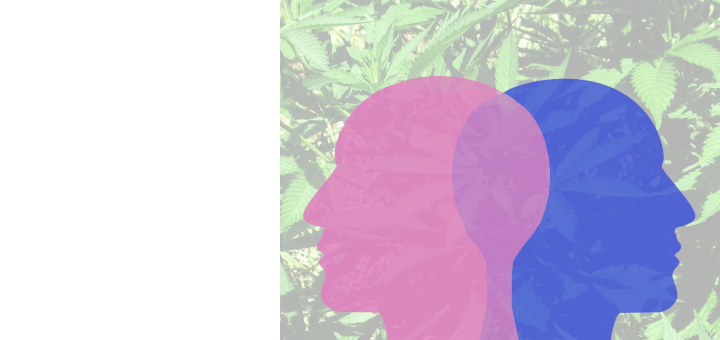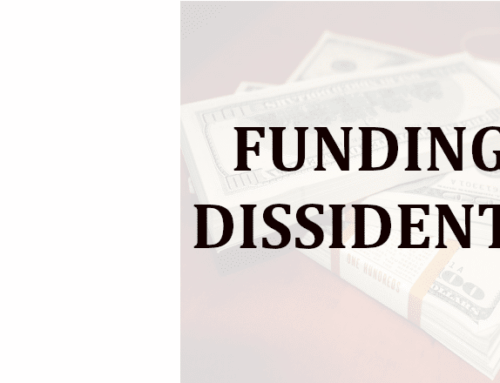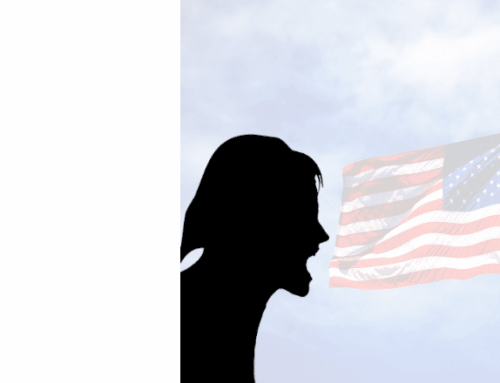The more states legalize drugs, the more crowded hospital ER’s become. But the liberal elites in charge of dealing with this issue are unable to connect the dots. Their policies are downright incoherent. Indeed, they are schizophrenic.
Connecticut lawmakers have sounded the alarms over drinking and driving and will soon decide whether to lower the state’s blood alcohol level from .08 to .05. The national norm is .08; only Utah pins it at .05.
Yet when it comes to marijuana, Connecticut goes easy. It fully legalized marijuana on January 10, 2023. Adults age 21 and over can legally buy seven grams for recreational use.
The government is so proud of its new policy that it hypes it on its “Visit Connecticut” webpage. It not only tells stoners where to buy weed, it advises them to buy “Munchies,” featuring chocolate. This is not an accident: brownies are a popular pot edible.
Are Connecticut officials aware that it takes a much longer time for edible users to experience a high, resulting in greater intake and greater risks? Those who take edibles are more likely to wind up in the ER than smokers.
Ever responsible, the webpage closes with a promo for gambling, exclaiming, “it’s worth letting loose in a casino.” Assuming the stoner is capable of standing up.
Ask any cop who pulls drivers over for reckless driving and he will tell you that driving under the influence of alcohol and marijuana is increasingly common. The problem is there is no reliable test for marijuana. Breathalyzers can be used to nail beer drinkers but are useless for nailing pot smokers.
There is a blood test for alcohol, as well as for marijuana, but the problem with the latter is that even if a driver smoked weed two days earlier (even weeks earlier in some cases), the test will come back positive, thus undercutting successful prosecution.
Many states, not just Connecticut, are treating marijuana as a relatively safe drug.
At the federal level, the Biden administration is pushing hard to deemphasize its negative effects. The Department of Health and Human Services wants marijuana use to be treated as a Schedule III drug, which would put it in the same class as Tylenol with codeine; currently weed is classified as Schedule I, meaning it is treated as a serious drug.
If the Biden administration is right to say that marijuana poses no major risk, then why did psychologists recently conclude that a California woman who stabbed to death her boyfriend 108 times—after taking one hit of marijuana—was suffering from “cannabis-induced psychosis”? Consequently, the judge set her free on probation.
Some people learn the hard way. In 2020, 58 percent of Oregon voters decided the time had come to decriminalize all drugs, including fentanyl, heroin, oxycodone and meth. They treated them like chewing gum. The result? One in five quickly became addicted and death due to opiod overdose skyrocketed. So did homelessness and crime. Now a majority of Oregonians (56%) want to repeal this insane policy.
No matter, the sages who run the editorial page at the Boston Globe still believe that banning drugs is not the answer. Yet they readily admit that because of decriminalization in some states, and relaxed enforcement in most of the other states, marijuana use has increased dramatically. More important, the medical professionals they interviewed admit that matters are out of control.
Dr. A. Eden Evins is the founding director of the Mass General Hospital Center for Addiction Medicine. Here is how he describes the changes. “Cannabis use is now the number one reason why young people present for addiction, which wasn’t the case before.”
Sharon Levy is chief of the Division of Addiction Medicine at Boston Children’s Hospital. When she started practicing addiction medicine around 2000, the editors note, “she hadn’t heard of hyperemesis—severe vomiting caused by repeated cannabis use. Now she hears cases where adolescents are hospitalized repeatedly because they cannot keep food down (my emphasis).”
“Levy said she is also seeing more teens with psychotic symptoms like hallucinations, delusions, disordered thinking, and paranoia. This is particularly troubling, she said, because a teenager with cannabis-induced psychosis is more likely to develop mental illness as an adult (my italics).”
In other words, what these doctors are saying is that relaxed sanctions for marijuana use have resulted in a crisis condition. But the editors at the Boston Globe still don’t get it. What do they recommend? Education. We need more “consistent and accurate labeling.” Yeah, that’ll do it.
Liberals are a tortured people. They hate the effects of drug use yet they don’t want to do anything about it. They hate homelessness yet their only answer is to build more tents. They hate migrants overburdening towns across the country yet they love sanctuary cities and don’t want to prosecute illegals.
But it is not as though liberals are against using the law to punish all lawbreakers. They are very much in favor of locking up non-violent protesters who pray outside abortion clinics—they are an existential threat to the social order.







